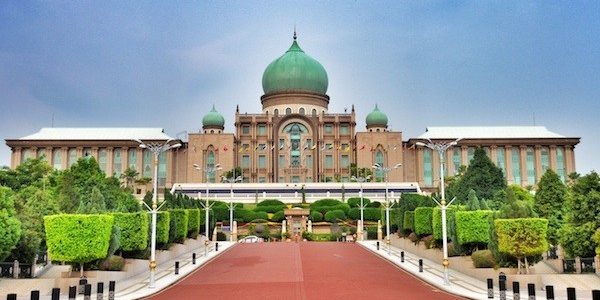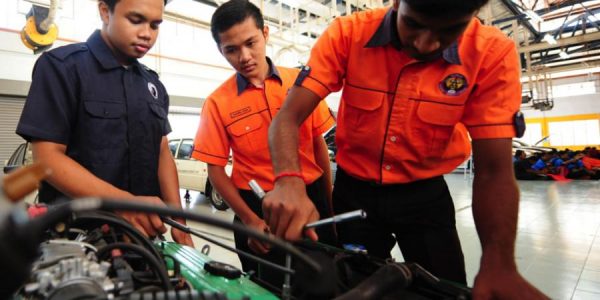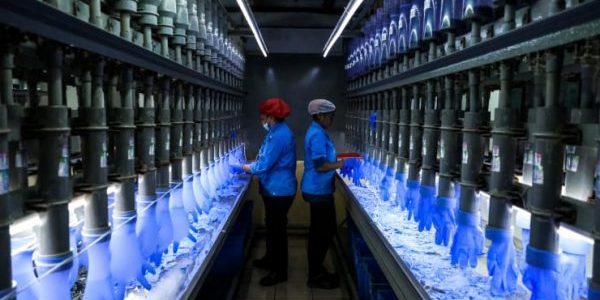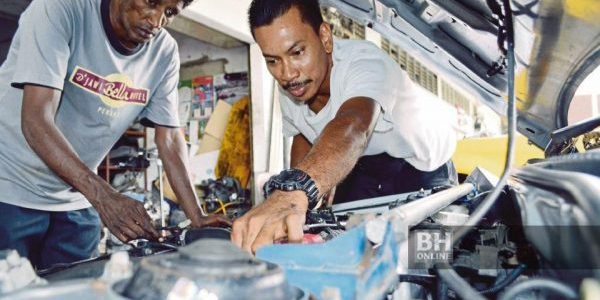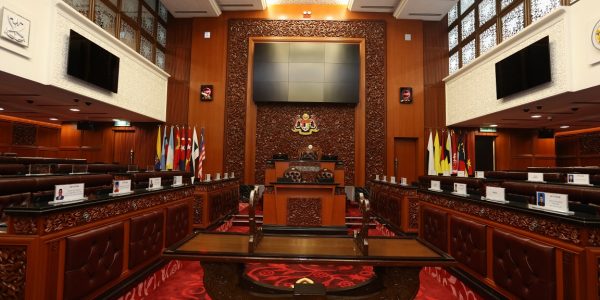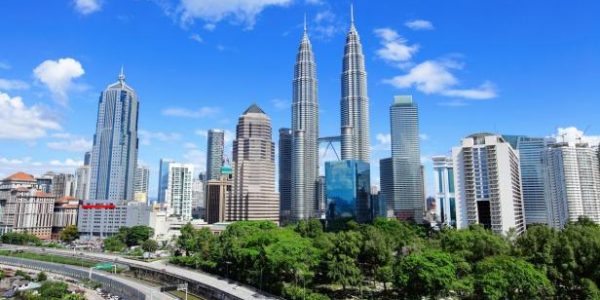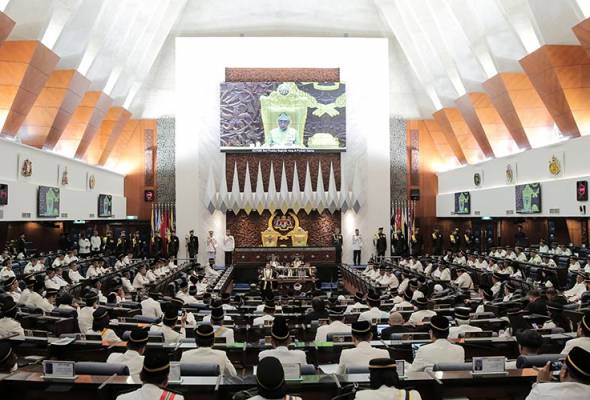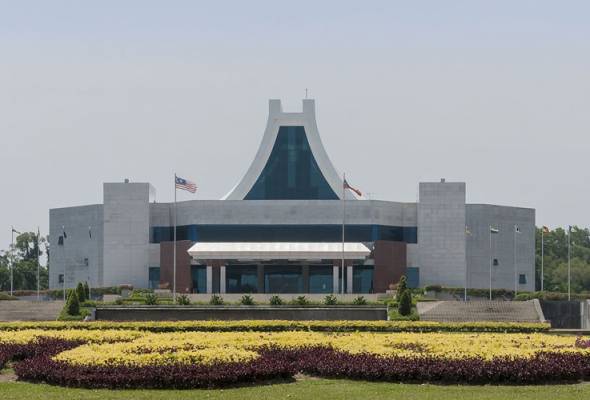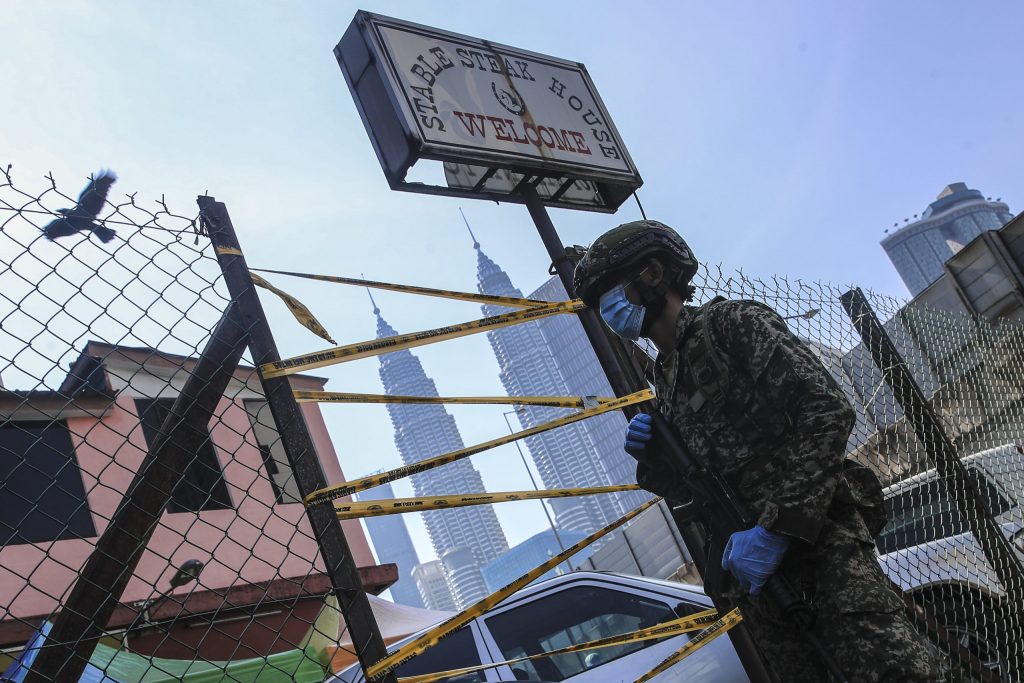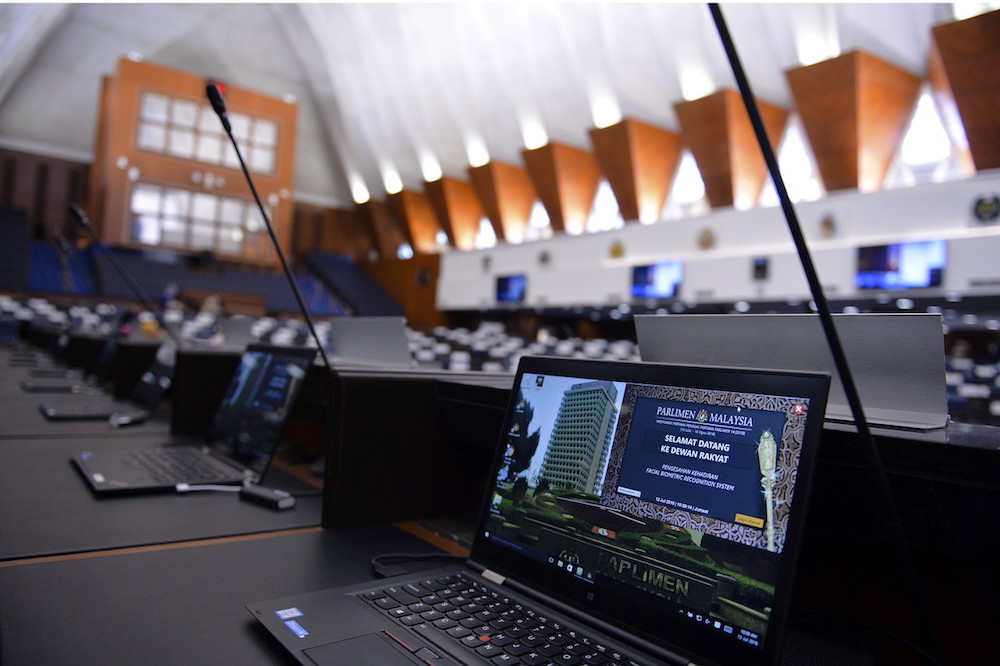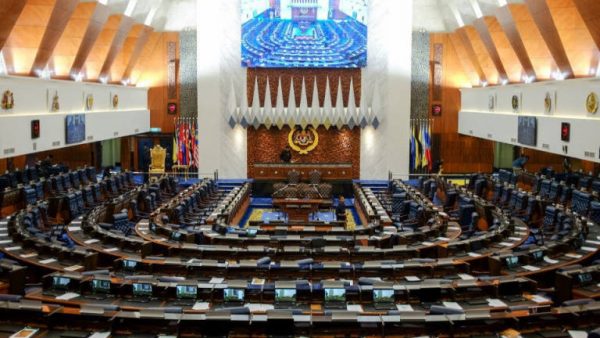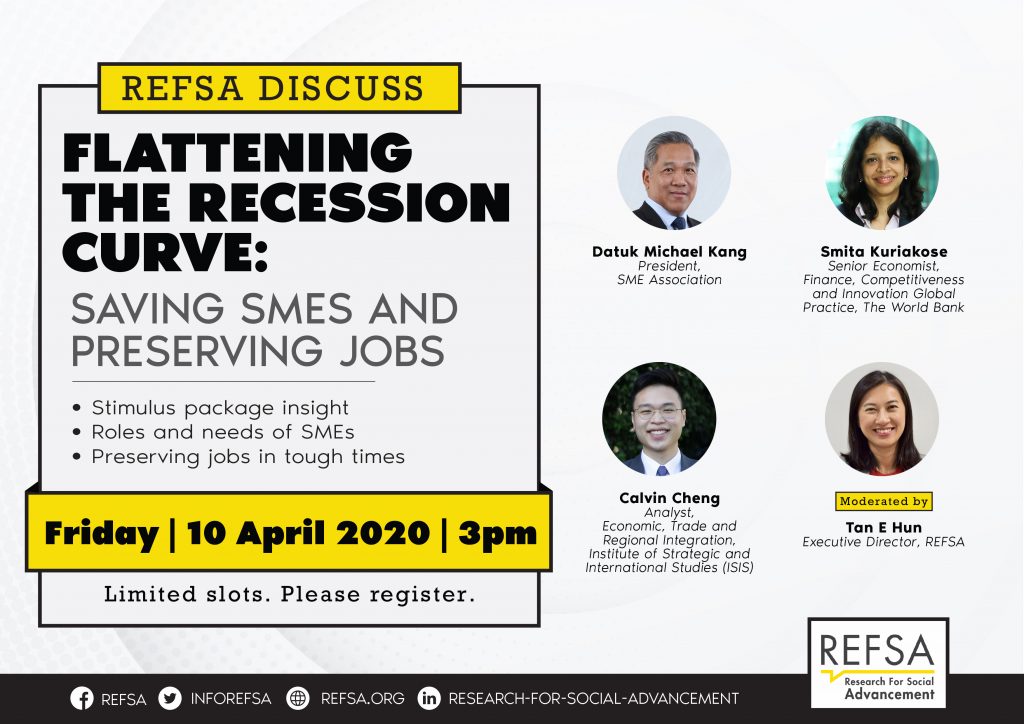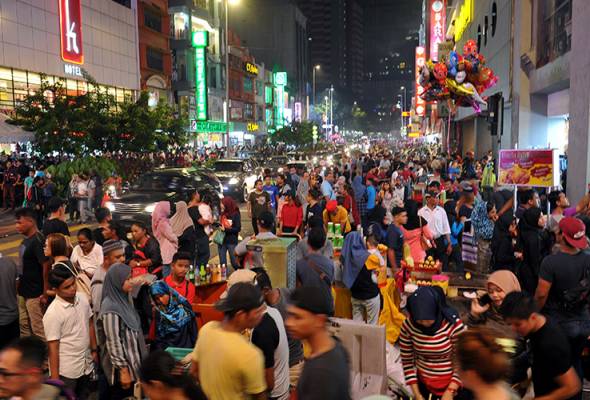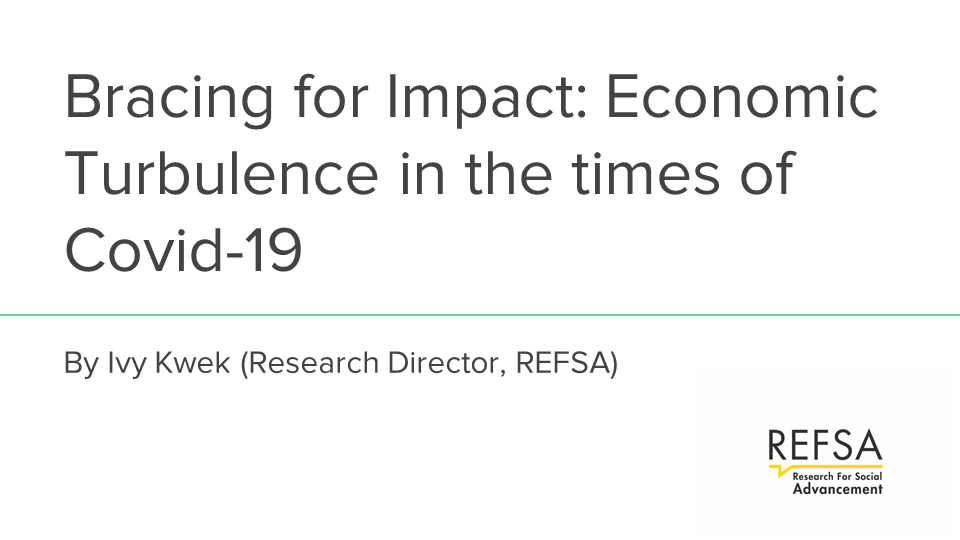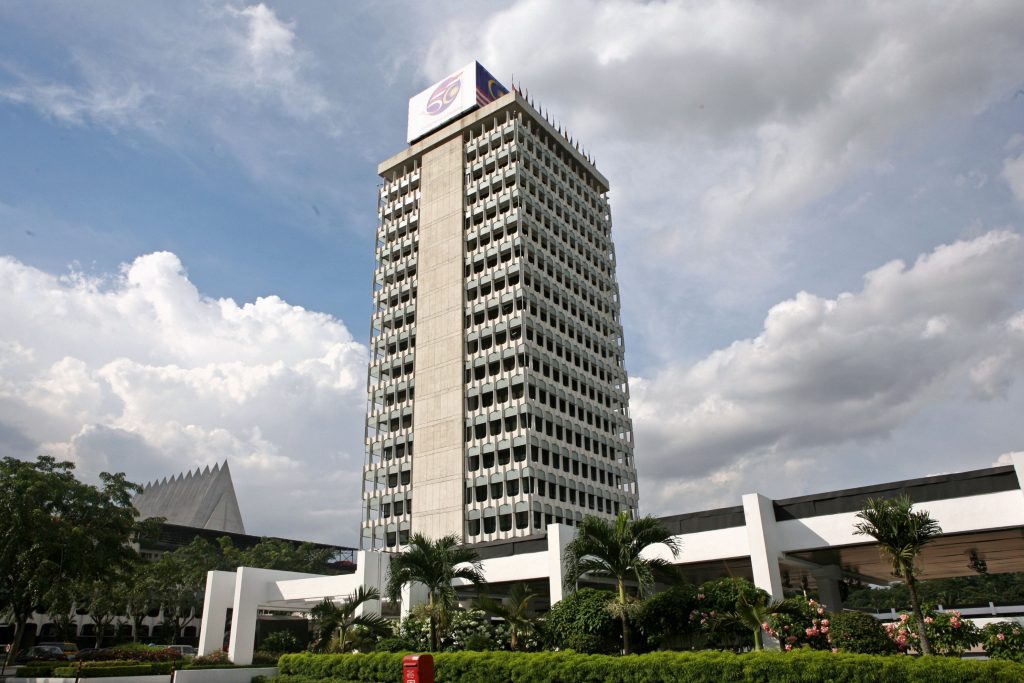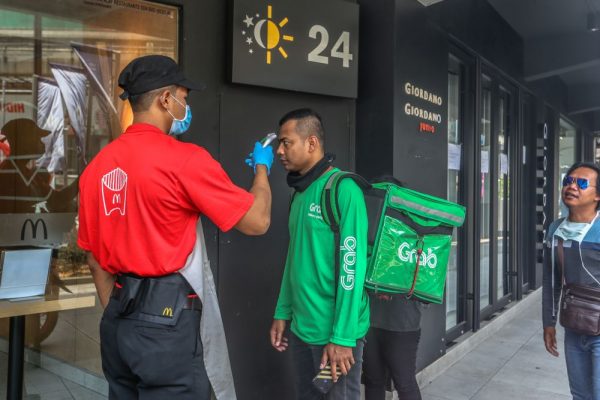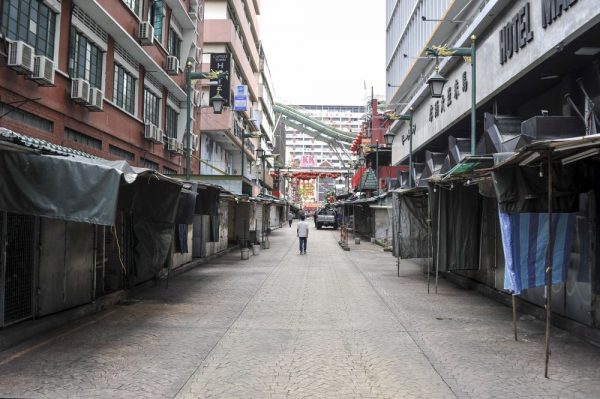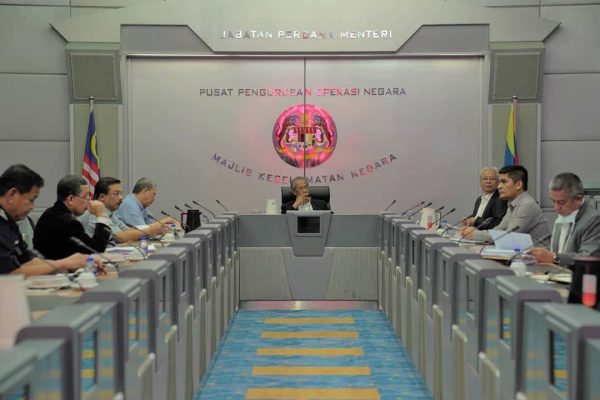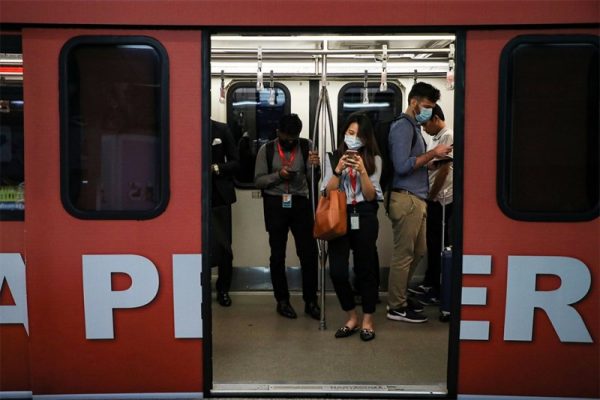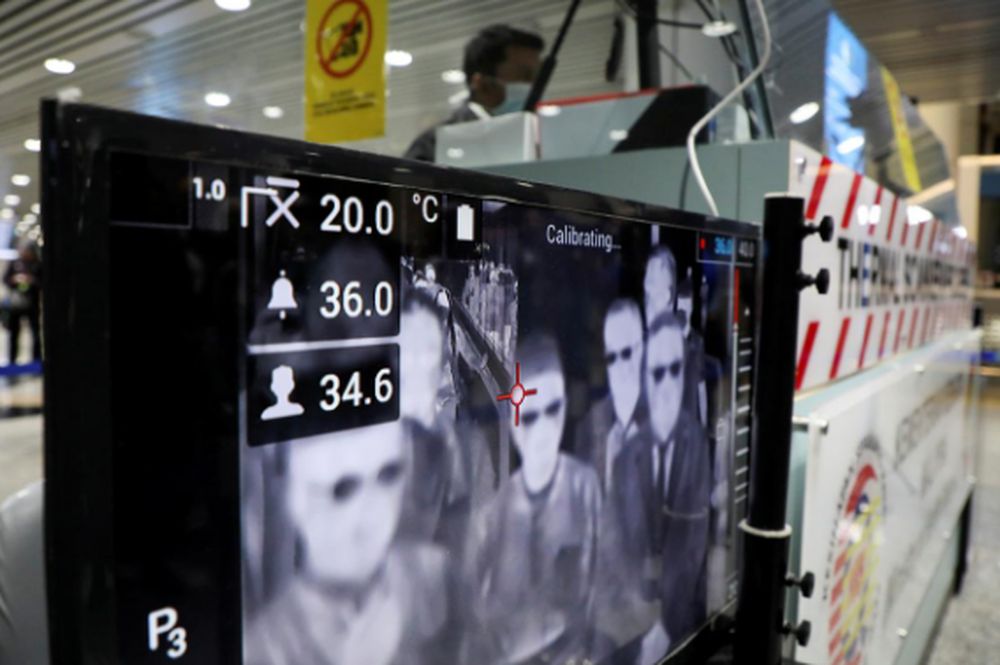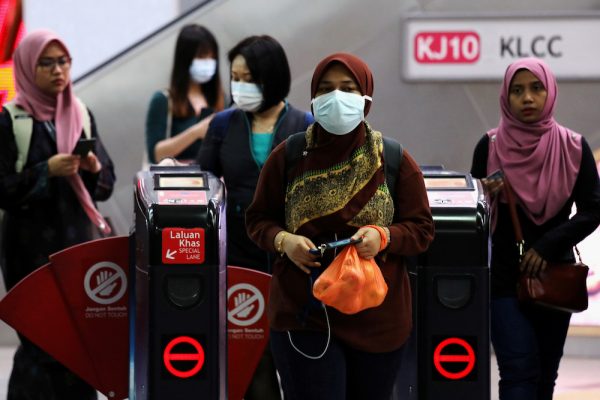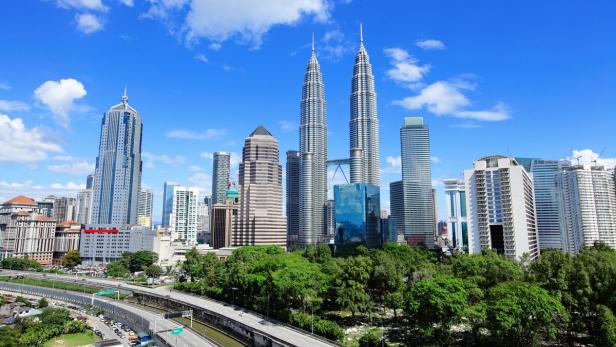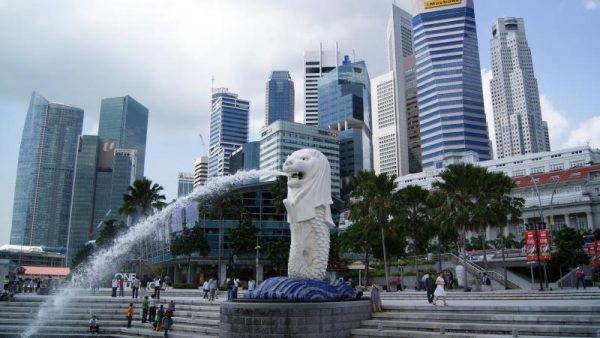REFSA's response to the Covid-19 Crisis
A compilation of all REFSA responses in relation to the Covid-19 outbreak and our policy analyses and recommendations to deal with its impacts.
Government and the pubic sector have unique advantages that can be the catalyst for a vibrant, resilient, sustainable and fair economy.
Is Penjana Kerjaya creating skilled jobs?
Penjana Kerjaya should incentivise industries towards skilled jobs with decent wages. Under current economic crisis, does it live up to this expectation?
The RM35b PENJANA plan has its merits, but may still fall short in protecting jobs and supporting livelihoods. While some temporary reliefs are essential, the government must urgently look into a much-needed long-term economic reform for Malaysia.
Perkasa dasar sektor pekerjaan separa mahir
There is a suggestion that workers should be upskilled to increase their income during the COVID-19 crisis. But in fact, skilled workers in Malaysia are still being underpaid.
Dewan Negara should lead to a healthy debate on policy issues rather than political rhetoric synonymous with the Dewan Rakyat. Covid-19 has been an opportunity to have a relook at the Dewan Negara as an important part of the government’s check & balance.
The struggles faced by low-income Malaysia have long been clear. The COVID-19 crisis firmly brought into mainstream thought, the benefits of robust systems of social protection.
Ever since the first case of COVID-19 emerged on 25 January, Malaysia has been battling not one, not two, but three crises.
At a time when the fight of Covid-19 looks to be far from over, we must adapt to the “new normal” without compromising parliamentary democracy
While the nation gradually eases into a new normal post the Movement Control Order, coordination between government and businesses becomes important to reopening the coronavirus-closed economy while meeting public health goals..
Parliament plays a pivotal role in building the nation’s economy in the new normal.
Sabah State Legislative Assembly demonstrated great example as a legislature which democratically and effectively fit the new normal under Covid-19.
Covid-19 and climate change are both quintessential collective action problems, where inaction on the part of any one nation can create adverse consequences around the world.
Covid-19 is today’s test, and provides numerous opportunities for our governments to prove themselves up to the task of protecting the public good.
It is a bad time to be young, but we can do something about it. How we empower and enable young people to help the country get through this tough time?
Parliament is in fact one of the most important services in the wake of the Covid-19 outbreak to discuss economic plans and issues of the nation’s people.
In this day and age, where most of the population in the hardest hit countries have a smartphone on them at all times, the technological opportunities for contact tracing are vast and might be key to restarting economy for post-Covid-19.
The urgency for transparency is as great as the urgency in overcoming the pandemic. People and leaders of the country cannot compromise on the issue of financial leakage and misuse of power or information today.
REFSA’s first webinar that discussed economic stimulus measures Malaysia provided thus far, the impact on SMEs and how we can preserve jobs in this tough Covid-19 crisis.
COVID-19 pandemic has worsened the uncertainty of B40 households regarding job security and the development of their children’s education. Government’s approach to address their economic challenges must be radically changed.
Economic Turbulence in Covid-19 – A webinar organised by HEOur Research Director Ivy Kwek spoke in HEYA webinar about the future economic outlook, the immediate & long term measures to flatten the recession curve, and how we should seek to reshape our world for post-crisis time.
A comparison of stimulus packages between Malaysia, Singapore and the UK was done in this paper. Malaysia package should focus on companies and preservation of employment as per Singapore and UK packages.
Building resiliency into Malaysia’s long term food security
Covid-19 crisis has alerted the government to embrace a truly diverse, modern agricultural sector, one that can ensure long-term resiliency in Malaysia’s food security.
A stronger cooperation between Malaysia’s Executive and Legislative branch is needed in tackling Covid-19 crisis.
Menghargai pengorbanan pekerja B40 dan ekonomi gig melawan COVID-19
We should not overlooked impact of the Covid-19 outbreak on the nation’s low-income group and gig workers.
A massive intervention is required to prevent the economic fabric of the nation from disintegrating. What are the immediate efforts required to “flatten the recession curve”, and why it is important to do it, now.
Re-examining national security architecture of Malaysia
What are the different roles of Malaysia Armed Forces during peacetime and wartime, and a look into the much needed long term structural reform in our security sector.
Flexible work arrangements deserve more than just this Covid-19 crash-course
FWAs are more than just a tool to cope with Covid-19, their positive externality effects such as diversifying economic growth and labour force, as well as reducing traffic congestion, are too good for us to pass up for much longer.
Beyond Covid-19: Building back better for a more resilient economy and society
Our post-crisis recovery efforts should be planned well in order to rebuild the country for a stronger and more resilient economy and society under the idea of “build back better”.
To cushion the sudden global downturn, the government need to double down on measures announced, expand scope of application to more workers and businesses, and do it quickly.
Covid-19 a national security concern, calls for whole-of-society approach
The government should treat Covid-19 as a national security issue, and to show leadership by adopting a whole-of-society approach to combat the virus as a nation.
Rethinking the country’s income classification model and continuing to combat corruption must be the top priority for the current government to improve Malaysia’s economy.
Economy needs immediate stimulus package, with eye on the long-term
While the stimulus package primarily aims to tide over workers and businesses through tumultuous short-term economic currents, the government should also evaluate these measures with an eye on the long term, and look to promote a transformation of the economy to new growth sectors and higher productivity, and prepare the workforce for the future.
With a stimulus package due to be announced soon, the government has a great opportunity to work towards a skills-oriented labour market and hence prioritises the wellbeing of Malaysians. As a starting point, we should consider the Singapore factor in the Malaysian labour market.

